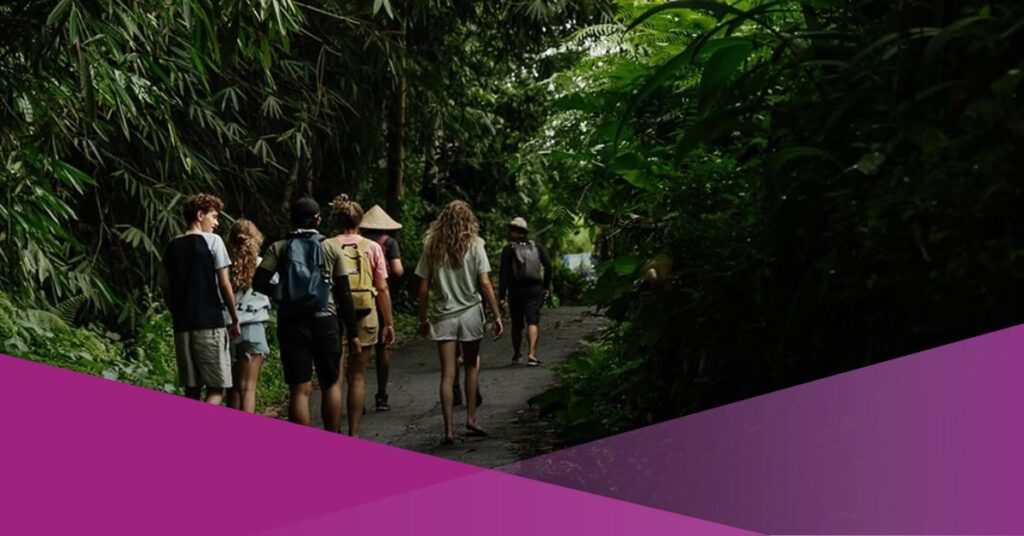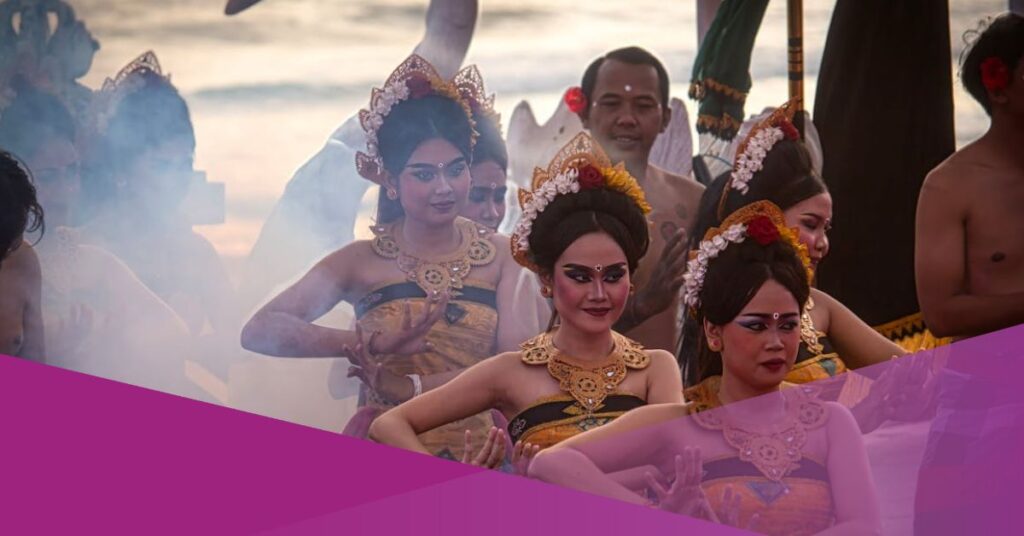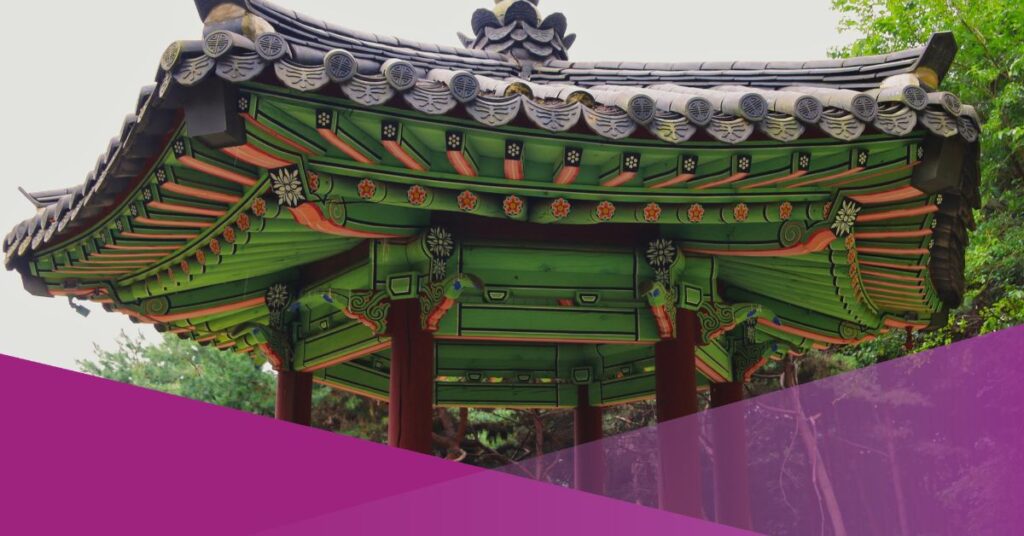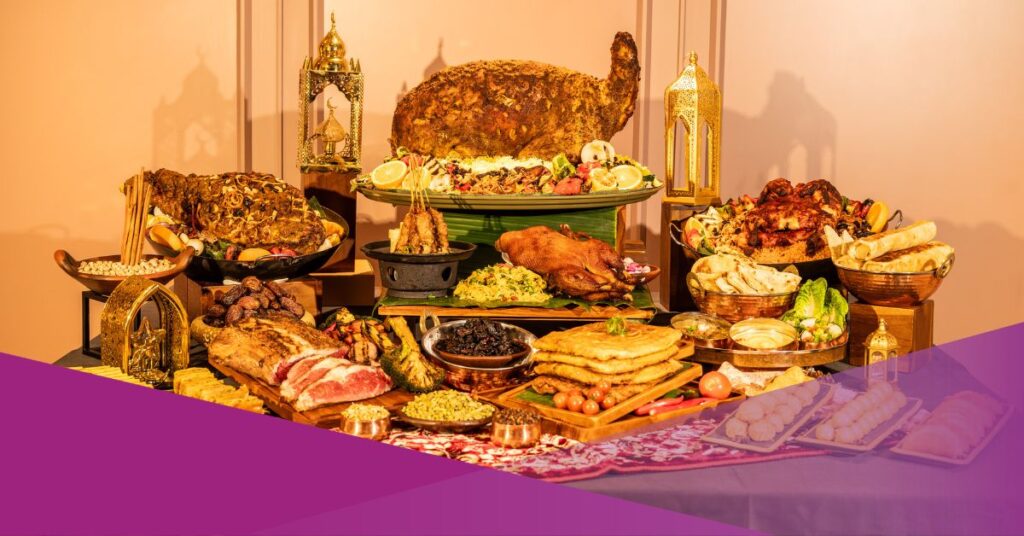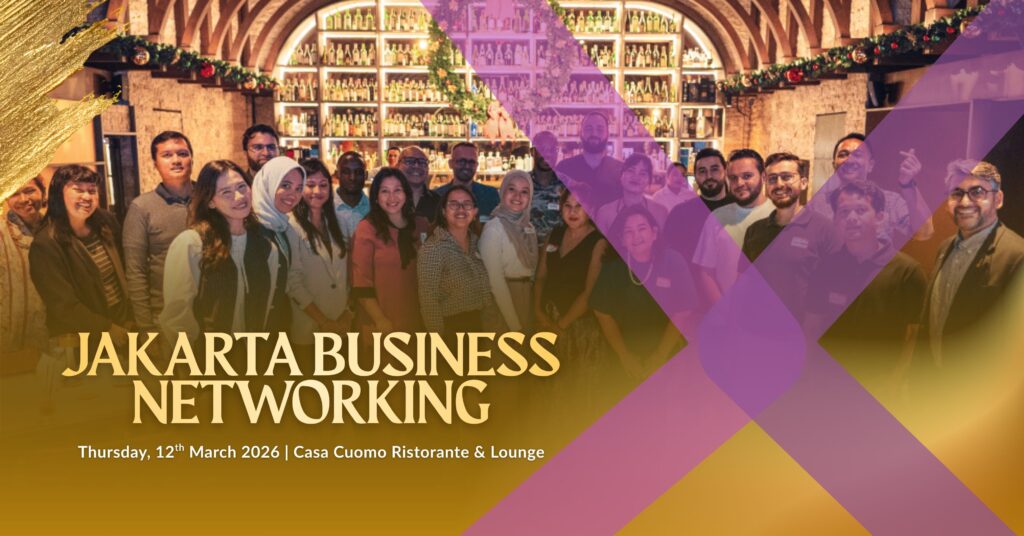Updated on 30 October 2025 – by Natalia Haniffa
Indonesian traditional market is rich of unique tradition and experience. These markets is for you to find various goods, including fresh produce and spices, traditional crafts, textiles and electronics. The traditional pasar, or markets, are often characterized by colourful stalls and the lively chatter, creating a unique Indonesian shopping vibes.
In addition to local products, many markets also feature international goods, as Indonesia’s position is on top in the global scale. The markets serve as economic centres and social spaces where locals can engage in the age-old art of bargaining prices.
Here, you will read lists of famous traditional markets in Indonesia to experience!
7 Traditional Markets in Indonesia that Worth Cultural Experiencing
Pasar Kaget, Wamena – Papua
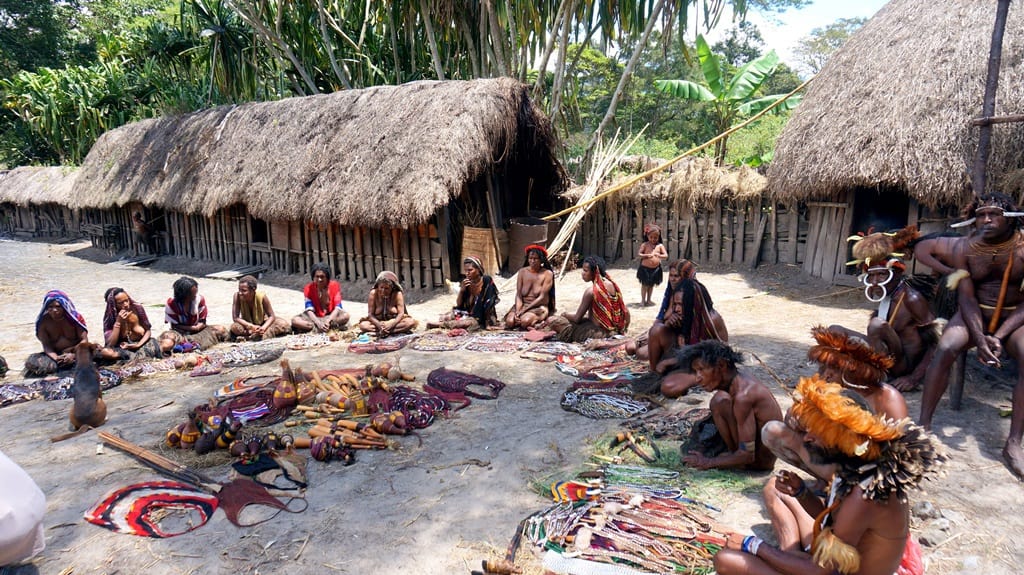
This market is a traditional market typical of the Dani tribe for carrying out transactions to meet their daily living needs. This market is in the middle of the wilderness in the Wamena area of Papua.
This market sells goods typical of the Dani tribe souvenirs, which is one of the indigenous tribes in Papua. Where this art market opened suddenly, of course, like a surprise market in general, what makes it different is its location in the middle of the wilderness. It is good for traveler where you can blend with nature.
Pasar Bolu, a Unique Toraja Market
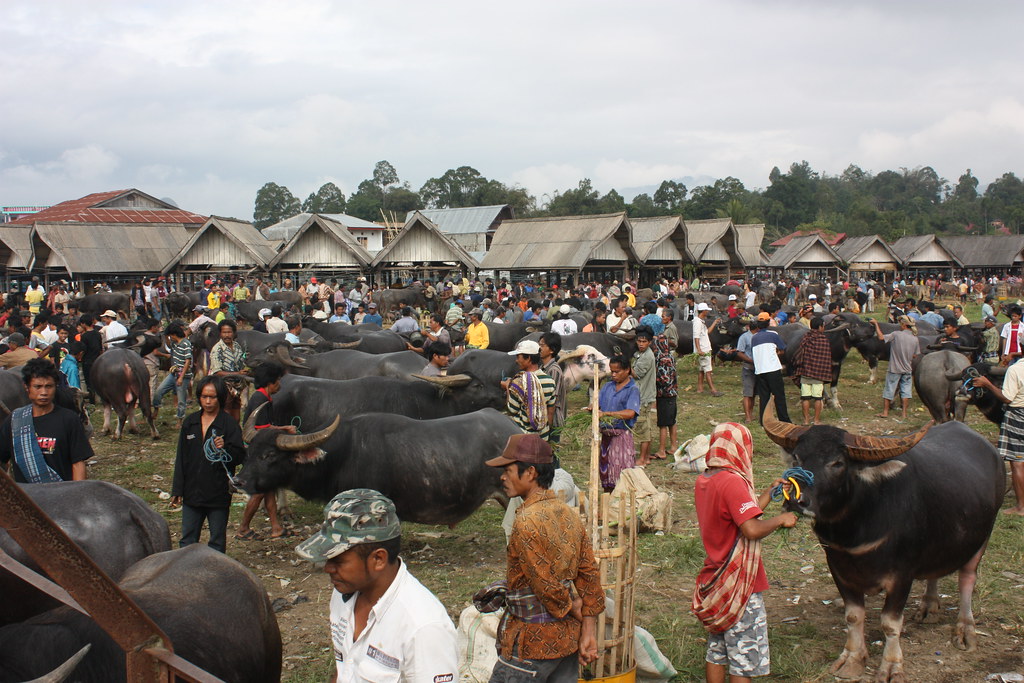
Located in the tourist centre of Toraja, Rantepao City, Bolu Market is well known as an interesting and unique tourist destination to visit. The livestock market, as this market is also known, is a centre for selling buffalo and is open once every six days.
Apart from the large number of buffalo being bought and sold, the market on Jalan Tallunglipu Matalo, Tallunglipu, North Toraja Regency is also filled with visitors, both local people and local and foreign tourists who want to closely witness the life of a large livestock market that only exists in Toraja.
Pasar Klithikan, Vintage Market in Yogyakarta (Jogja)

Klithikan Market is a market that sells various used and antique goods. A paradise for second-hand goods lovers with a retro atmosphere. In Yogyakarta, there are several Klithikan markets where you can explore some kind of handicrafts, namely the Pakuncen market, Sentir market, and others.
Pasar 46, Traditional Wet Market in Jambi
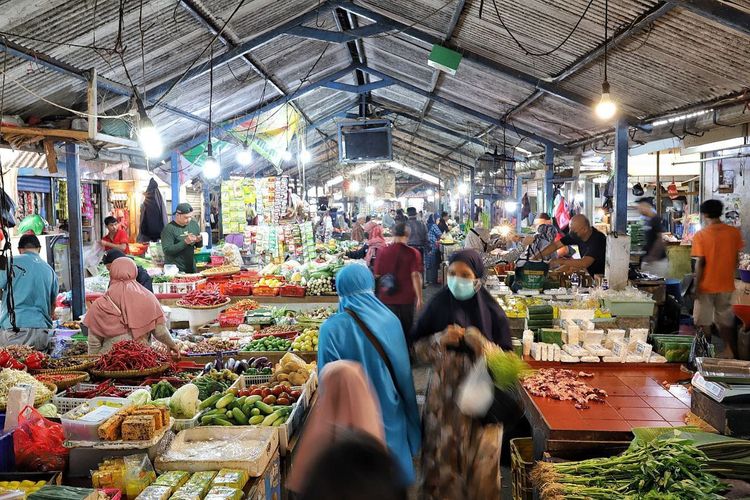
46 Market operates only from the afternoon until night, which is different from any usual market operations. This market sells necessities such as vegetables, meat, spices, household tools, and many others. The name 46 suits its operational hours, which are open from 4 PM to 6 PM.
Pasar Papringan, Central Java
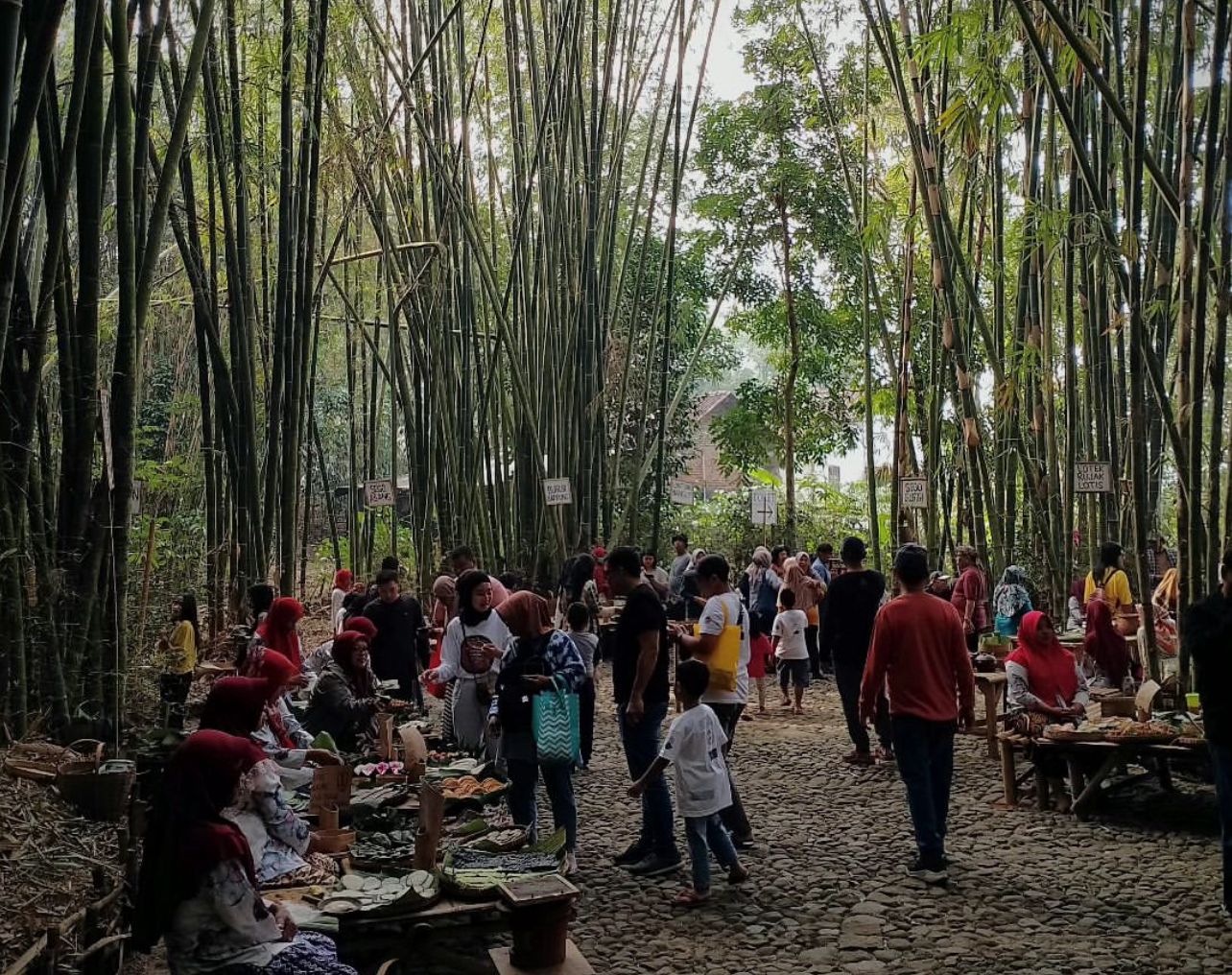
Papringan market sells traditional food, and many kinds of fruits originate from the farmers. The market opens only on Wage Sunday and Pon Sunday. The area of this market is in a big area of bamboo forest.
What makes this market unique is you can trade your money for bamboo coins, which you can use for shopping at this market.
Pasar Bisu, West Sumatra
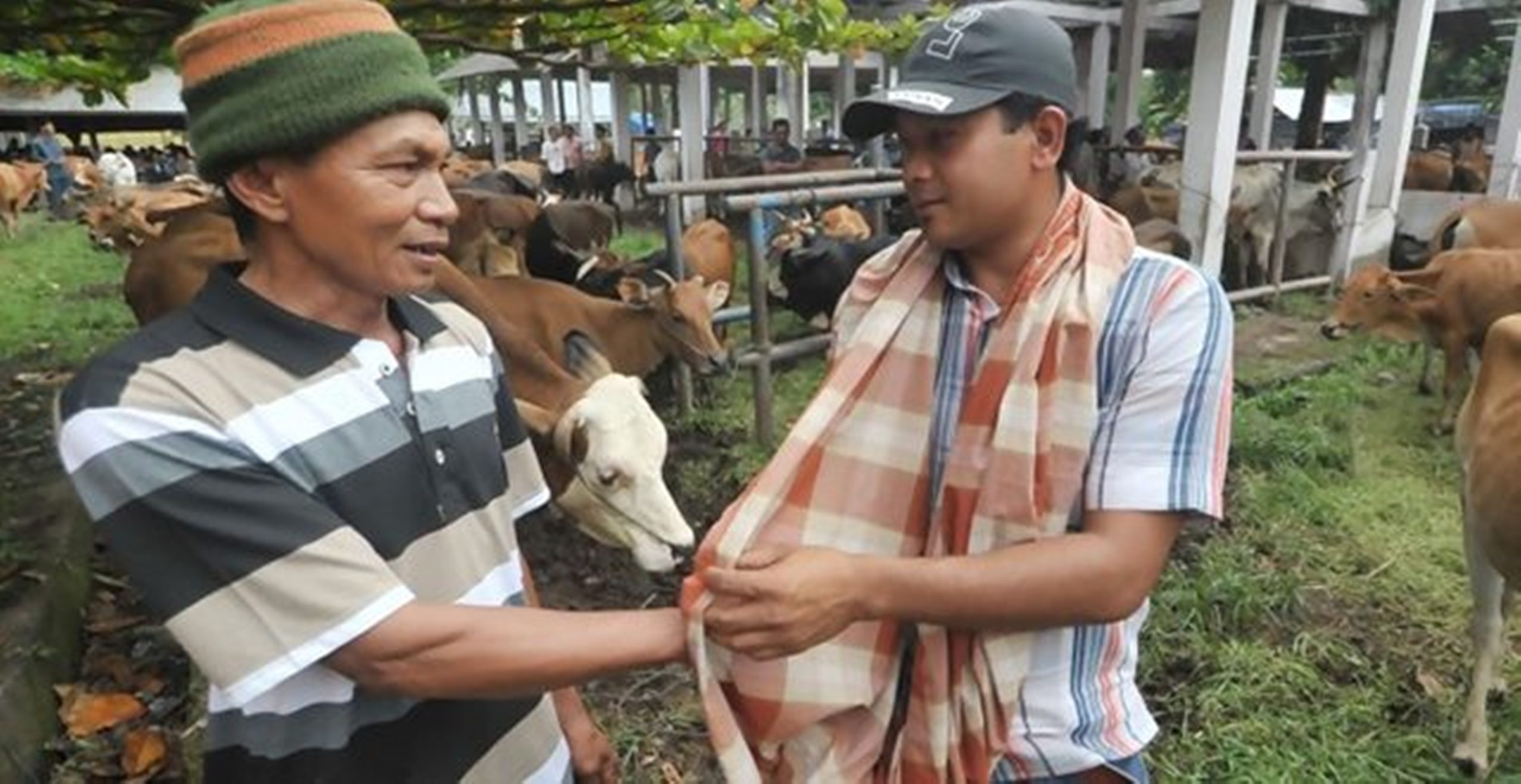
Derived from the market name ‘Bisu’, which means Silent, this market activity is done in silence. Trust is the key when you plan to visit these local markets to communicate with the sellers, and the buyers will do the transactions by ‘Marosok, ‘ where their hands will be covered in fabric and exchange signals with each other.
The Oldest Market in Indonesia: Pasar Terapung Muara Kuin, Banjarmasin
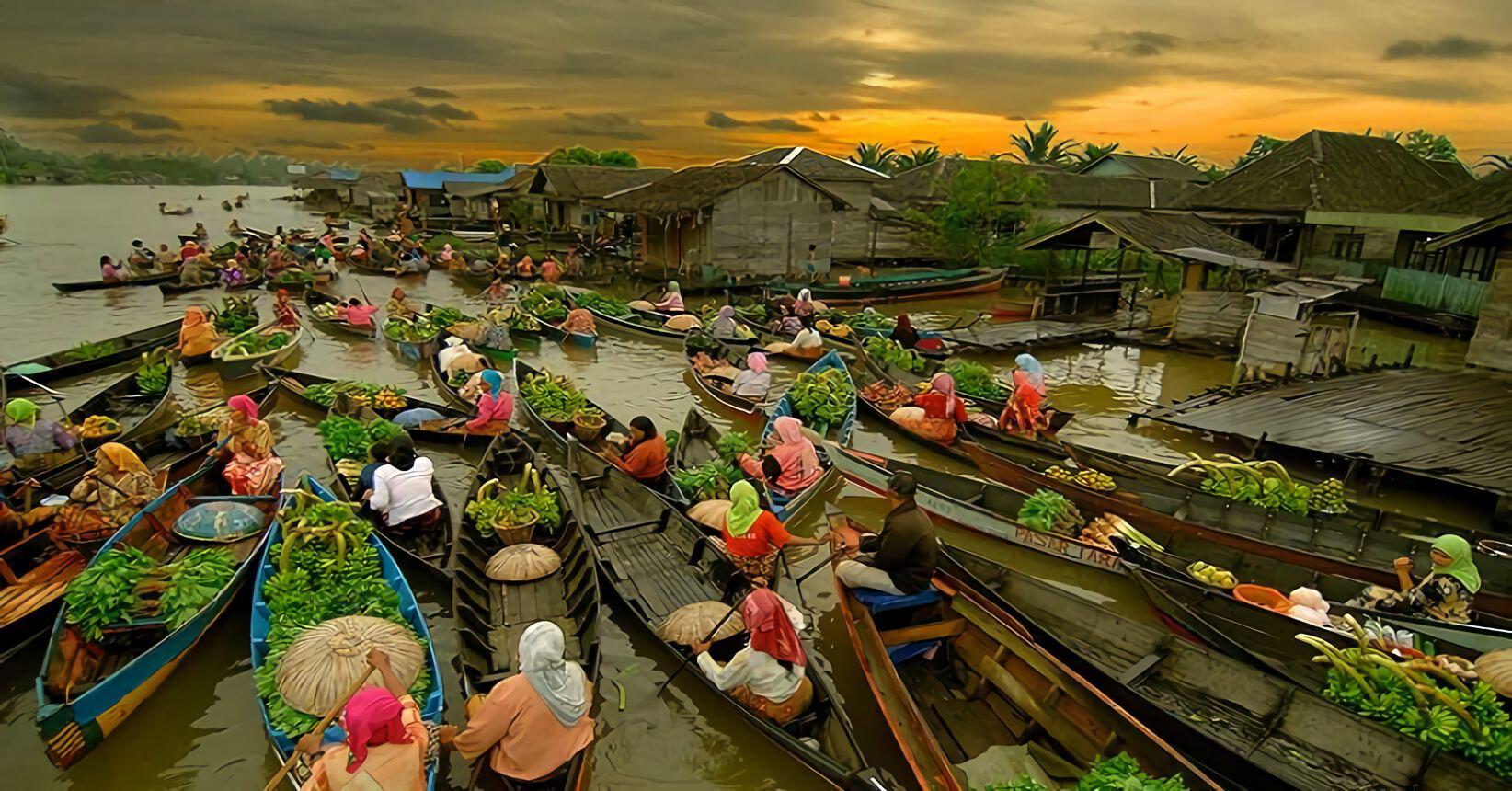
Muara River has existed since 400 years ago, and all the transactions in this market are done by floating on the boat for sellers and buyers. What sets this market special is the unique exchange transactions with the sellers which is called ‘Bapanduk. It is best for the tourism shopping experience.
Famous and Largest Traditional Markets in jakarta for Local Unique Tourist Spots for Shopping
Pasar Tanah Abang, Jakarta
Tanah Abang Market in Jakarta is Southeast Asia’s largest textile market and a cultural experience. Visiting this iconic market means you are at pulse of Jakarta’s daily life.
Here, narrow alleys with energy as vendors call out their latest fabric collections, from intricate batik and lace to modern ready to wear fashion sold in bulk at unbeatable prices.
What makes Tanah Abang unique is its sheer scale and diversity, you’ll find local traders, international buyers, and curious travelers all weaving through its maze-like corridors. Here is where you can take bargaining as an art form and hospitality is genuine. Pasar Tanah Abang is absolutely worth a visit for best market experience.
Pasar Senen, Jakarta
Another Indonesia’s traditional markets in Jakarta is Pasar Senen, it’s a living, breathing piece of Jakarta’s soul. This is where locals hunt for vintage clothes, rare records, and secondhand treasures that whisper stories of decades past.
You’ll find a raw sense of community, you can try street food hawkers serving steaming bowls of bakso to friendly shopkeepers who’ve been there for generations.
Visiting Pasar Senen it’s about witnessing the beautiful chaos that defines everyday life in Jakarta, making it a must-visit for anyone who wants to experience the city’s authenticity other than the malls.
Pasar Mayestik, Jakarta
Pasar Mayestik is one of Jakarta’s traditional and modern unique markets, walking through its maze-like alleys market area is a sensory experience with rows of colorful fabrics from all over Indonesia, the scent of freshly brewed coffee and traditional snacks, and the friendly chatter of vendors eager to help you find just the right batik or lace.
Unlike typical malls, everything here feels personal and alive, it is where you can haggle traditional Indonesian clothing, learn about materials, or even have custom clothes tailored on the spot.
Go visit Pasar Mayestik, it is worth it for anyone who wants to feel the authentic rhythm of local life, discover hidden treasures, and leave with something uniquely Indonesian.
Traditional Markets in Bali
Pasar Badung (Badung Market) – Denpasar
If you want to feel the raw pulse of Bali beyond the beach clubs, head to Pasar Badung in Denpasar. The island’s largest and most intensely local market. Housed in a sprawling multi-storey complex near the Badung River, the market wakes up before dawn, overflowing with fresh produce, spices, flowers, and household goods.
Pasar Seni Ubud (Ubud Art Market) – Ubud Traditional Art Market
Smack in the cultural heart of the Island of God, Ubud Art Market (Pasar Seni Ubud) is a colorful vortex of Bali’s handcrafted treasures like silk scarves, wood carvings, rattan bags, and more.
Open daily from around 8 a.m. to 5 p.m., it offers a relaxed morning experience without the heavy tourist push of the afternoon.
Sukawati Art Market – Gianyar
Tucked in Gianyar Regency, Sukawati Art Market is a bargain hunter’s paradise, thousands of stalls across two floors that cater not just to tourists, but to locals alike.
A little Pro-tip: Make a morning of it: go early, take your time sifting through textures and shapes, and relish the atmosphere where tradition meets trade.
Tips for Visiting Traditional Markets in Indonesia
1. Get to Know the Market Before You Go
If you’ve never been to the market, it’s always wise to do some research. Find out where it is, when it opens, and what kind of energy it has. Check out Google Maps or ask your local guides and drivers for the opening hours, best routes and if the market has what you need.
Nothing kills the vibe faster than showing up to an empty row of stalls because you didn’t check the opening hours.
2. Dress Appropriately and Comfortably
Markets aren’t runways. You’ll be weaving through crowds, brushing past crates of mangos, and ducking under low-hanging tarps. Comfort is key. Go for something breathable, light, and respectful; T-shirts, shorts or denims are common choices!
Showing too much skin will just make you stand out for the wrong reasons.
3. Be Kind, Not Clueless
In traditional markets, sellers can be… let’s say enthusiastic. They’ll call you over, wave you in, and maybe even put an item in your hands before you’ve said a word. It’s all part of the dance. If you’re not interested, just smile and decline politely. A gentle shake of the head works wonders, because kindness and patience go further than you think.
4. Bring Just Enough Cash
Markets can make even the calmest shoppers impulsive. Bring only what you’re willing to spend, and break your bills into small denominations. Many vendors can’t make change for large notes, and paying with exact cash keeps things quick and friendly.
Plus, less cash on hand means fewer worries about pickpockets and more focus on the fun.
5. Master the Art of the Bargain
If you’re paying the first price they quote, you’re doing it wrong. Bargaining is a friendly sport here. Start around 30% to 50% below the asking price and let the back-and-forth play out with a smile. It’s not about being cheap; it’s about connection, communication and respect.
When both sides grin at the final price, you’ve done it right!




